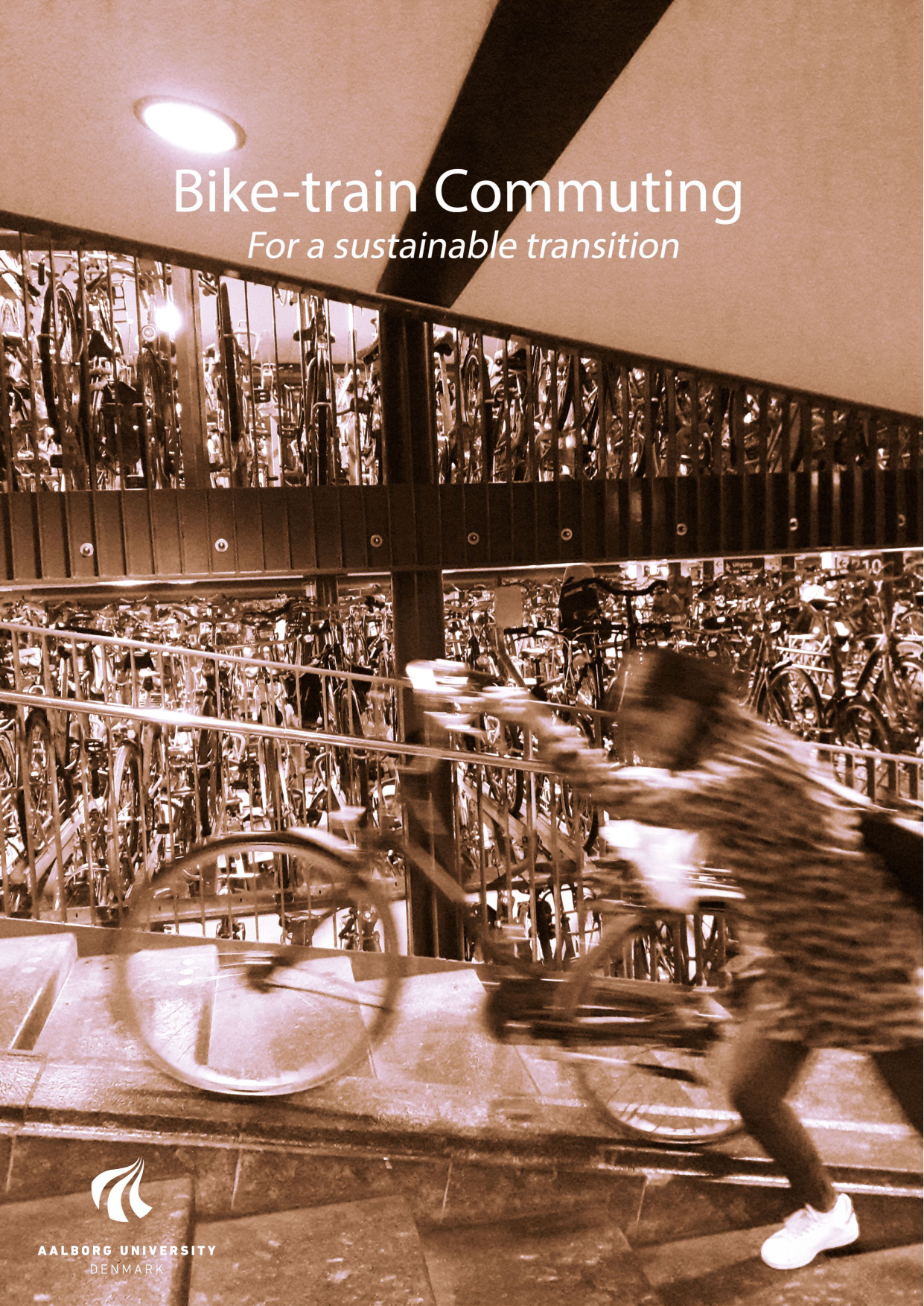
Bike-train Commuting - For a Sustainable Transition
Authors
Term
4. term
Education
Publication year
2018
Submitted on
2018-06-08
Pages
162
Abstract
The implications of a car dependent society are becoming increasingly severe with congestion, pollution, carbon emission and health issues being some of the derivative effects. Thus, a sustainable transition of the transport system is necessary. In this thesis, we will investigate the combination of bicycle and train as a sustainable alternative to automobile commuting in the Capital Region of Denmark. The research topic of the thesis is instigated in a collaboration with the Cycle Superhighway Secretariat, which currently are facilitating a project about intermodal commute in the capital region. We have taken a practice theory approach to examining the mobility patterns of biketrain commuters to gain a deeper understanding of the policy interventions beneficial to support the mode. To do so, we have analyzed two different commuting questionnaires, held 14 semi-structured interviews with bike-train users, done observational studies at nine stations and held five expert interviews with both planners and researchers of the topic. Furthermore, we have been on a research trip to The Netherlands to see how the mode is supported in other contexts. This have resulted in a scientific article about the mobility practices of bike-train commuters, a visual analysis of how stations can be improved to accommodate the bike-train practice and finally an essay which discusses under which conditions the bike-train mode can contribute to a sustainable transition of the transport system. We have found that the bike-train users are by no means a uniform group, but a distinction can be made in how far the users travel on the bicycle part of their intermodal commute. Here different compositions of bike-train travel require different elements in the commuting practice. We suggest that the first course of action to support the bike-train mode could be upgrading select transit hubs to accommodate the user group and discuss how the mode in a long term perspective can be established and become a viable alternative to the car in a sustainable transition of the transport system.
Documents
